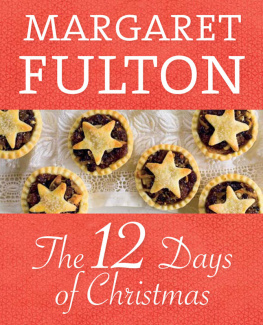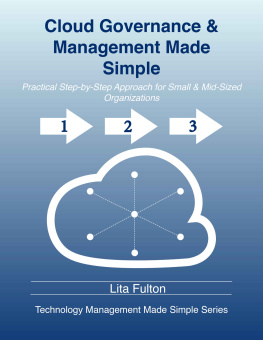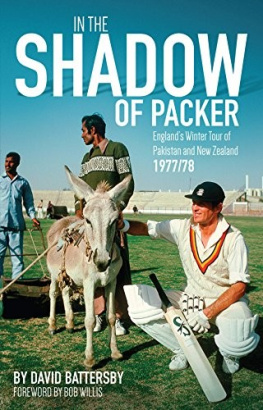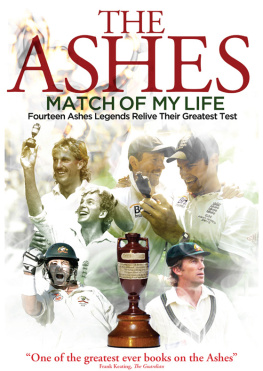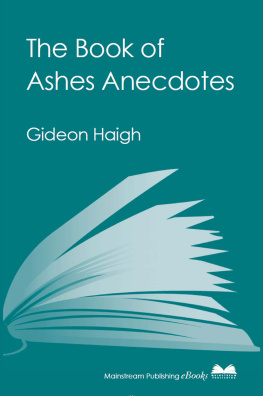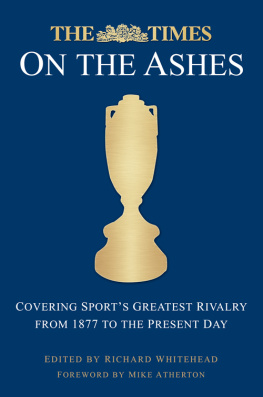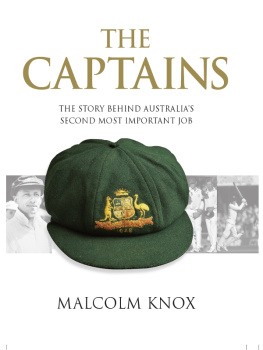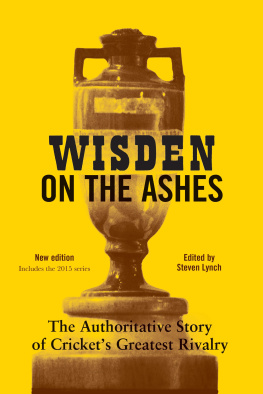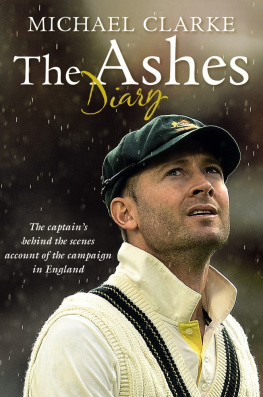THE CAPTAINS TALES
Battle for the Ashes
David Fulton
This eBook is copyright material and must not be copied, reproduced, transferred, distributed, leased, licenced or publicly performed or used in any way except as specifically permitted in writing by the publishers, as allowed under the terms and conditions under which it was purchased or as strictly permitted by applicable copyright law. Any unauthorised distribution or use of this text may be a direct infringement of the authors and publishers rights and those responsible may be liable in law accordingly.
Epub ISBN: 9781845969158
Version 1.0
www.mainstreampublishing.com
Copyright David Fulton, 2009
All rights reserved
The moral right of the author has been asserted
First published in Great Britain in 2009 by
MAINSTREAM PUBLISHING COMPANY
(EDINBURGH) LTD
7 Albany Street
Edinburgh EH1 3UG
ISBN 9781845964139
No part of this book may be reproduced or transmitted in any
form or by any other means without permission in writing from
the publisher, except by a reviewer who wishes to quote brief
passages in connection with a review written for insertion
in a magazine, newspaper or broadcast
A catalogue record for this book is available
from the British Library
To Freddie and Harry
FOREWORD
By Shane Warne
You might think it strange that having described David Fultons declaration against Nottinghamshire four years ago, which in reality cost my Hampshire side a shot at the County Championship, one of the dumbest things Ive ever seen in my life which it was I should now be writing a foreword to a book by him on captaincy. Fults was a good leader of Kent and a respected opponent. In 2006, he and Rob Key batted the whole of the last day without Hampshire taking a wicket. The pitch turned and I bowled as well as I had bowled during the entire county season, but still we couldnt budge them. The only other time that happened in my career the batsmen were Rahul Dravid and V.V.S. Laxman of India in the cauldron of a Test match. Weve had some good banter, both across the poker table and on the cricket pitch, which resulted in me earning a few extra pounds and scoring my maiden first-class century against his team thanks, Fults! But we always knew the Kent side he led would be up for a battle, as he liked a scrap; his players followed him and he obviously had a good cricket brain. He impressed Steve Waugh, and not many Englishmen do that.
The other reason Im happy to write this foreword is that its a book that combines two great subjects close to my heart: the Ashes, one of crickets greatest historical battles between two proud nations, and captaincy, with all its different subtleties, strategies, tactics and man-management requirements. Captaining a cricket team is a great buzz very different to captaining in any other sport.
When youre out on the field, its your show. Sure, you take advice from others, but you carry the can when things go wrong so you need to back your own judgement and instincts, and be able to read the game. Thats why, in my opinion and I know Fults thinks the same a captain needs to run the team. The coach operates in the background, preparing the players. The only other coach Im in favour of is the one who takes you back to the team hotel.
Ive been fortunate enough to have captained not only Hampshire but also my home state of Victoria, the Rajasthan Royals in the Indian Premier League and, of course, Australia in one-day internationals. I never captained in the Ashes or indeed in a Test match but, while I would have loved the opportunity, it was never an ambition, or something I chased or regret not doing. Its just the way it was. Winning matches for Australia and staying at the top of the game have always been my major motivators.
I played under four Test captains (five, if you count Adam Gilchrist): Allan Border, Mark Taylor, Steve Waugh and Ricky Ponting. They were all fine leaders and all a bit different in their approaches. I rated Taylor the best because of his man-management skills and tactical brain he was always prepared to lose a game in order to win it.
Of the ten England captains featured in this book, I played against six, from Graham Gooch in 1993 through to Andrew Flintoff in 200607. Only Michael Vaughan won the Ashes in my time, so I must rate him as the best, but it is very interesting to read how Fults rates the others and what each of them has to say about their time as the fulcrum of the team.
The 2009 series promises to be a cracker, and no, I wont be making a comeback. I might have a wager on the Aussies, although unlike my old mate Glenn McGrath Im not going to say 50. Lets have 32; now wouldnt that be special?
Shane Warne
May 2009
INTRODUCTION
Being Brearley...
The summer of 1981 will be forever synonymous with Ian Botham and the Ashes. His heroics stirred a nation and inspired a generation, my generation. I was nine years old when I witnessed his exploits at Headingley, Edgbaston and Old Trafford and by the end of that series the Ashes was burned into my impressionable sporting soul. Beefy, though, was not my hero from that glorious year. That dubious honour belonged to his captain Mike Brearley, whom I first witnessed jabbing a finger in the big all-rounders direction from the players balcony at Leeds. It wasnt, Im sure, the finest of Brearleys motivational techniques, but while all around were cheering wildly as Botham notched the most exhilarating of centuries, Brearley was aware of the bigger picture and was keen to remind Englands talisman that he was still needed out in the middle.
As a batsman, Brearley never looked like getting a high score, but as a leader he was peerless. His mop of grey hair and upturned collar gave him a distinguished, if slightly aloof appearance, but he was a man-manager of the highest calibre and he got the best out of his players, especially Botham. I was immediately intrigued by the concept of captaincy and leadership. While neighbouring kids were acting out the feats of Beefy at the end of our cul-de-sac, I was happy to be Brearley. As a slightly nerdy junior England chess player I had an eye for strategy, seeing parallels between the ways a captain would use different types of bowlers and tactics to bring pressure to bear on an opponent and the way a Grand Master would manoeuvre his pieces. Being Brearley meant I could boss the others around a bit, too. And so a career in captaincy was born. From the southern end of Orchard Road, Otford, near Sevenoaks, through every school and junior county level, to the full Kent side. It spanned twenty-six years and finished at Hove at the end of the 2005 season when, after four seasons at the helm of Kent County Cricket Club, I tendered my resignation after the dream of leading my team to the County Championship pennant had evaporated.
As for the Ashes, I had the briefest of flirtations during 2001. The all-conquering Australian machine led by Steve Waugh was cutting a swathe through England at a time when I was playing the best cricket of my life. Three consecutive hundreds for Kent saw me picked for the fourth Test at Headingley ahead of Mark Butcher, but a late U-turn by the selectors meant I never received the phone call that all players dream about. Indeed, I only discovered what might have been some three years later when Nasser Hussains autobiography,



